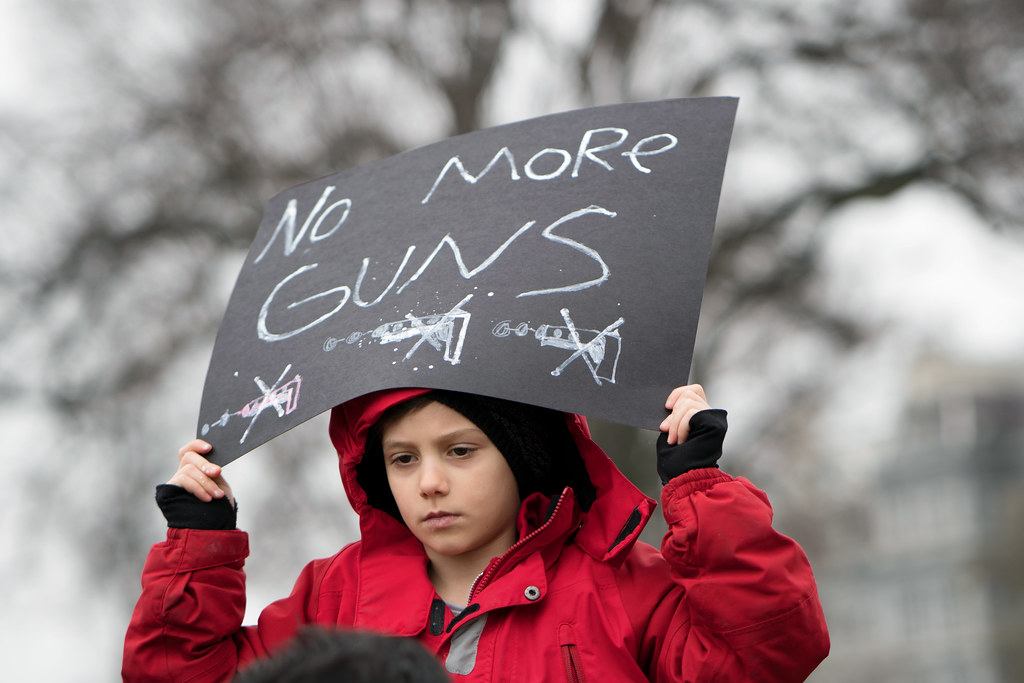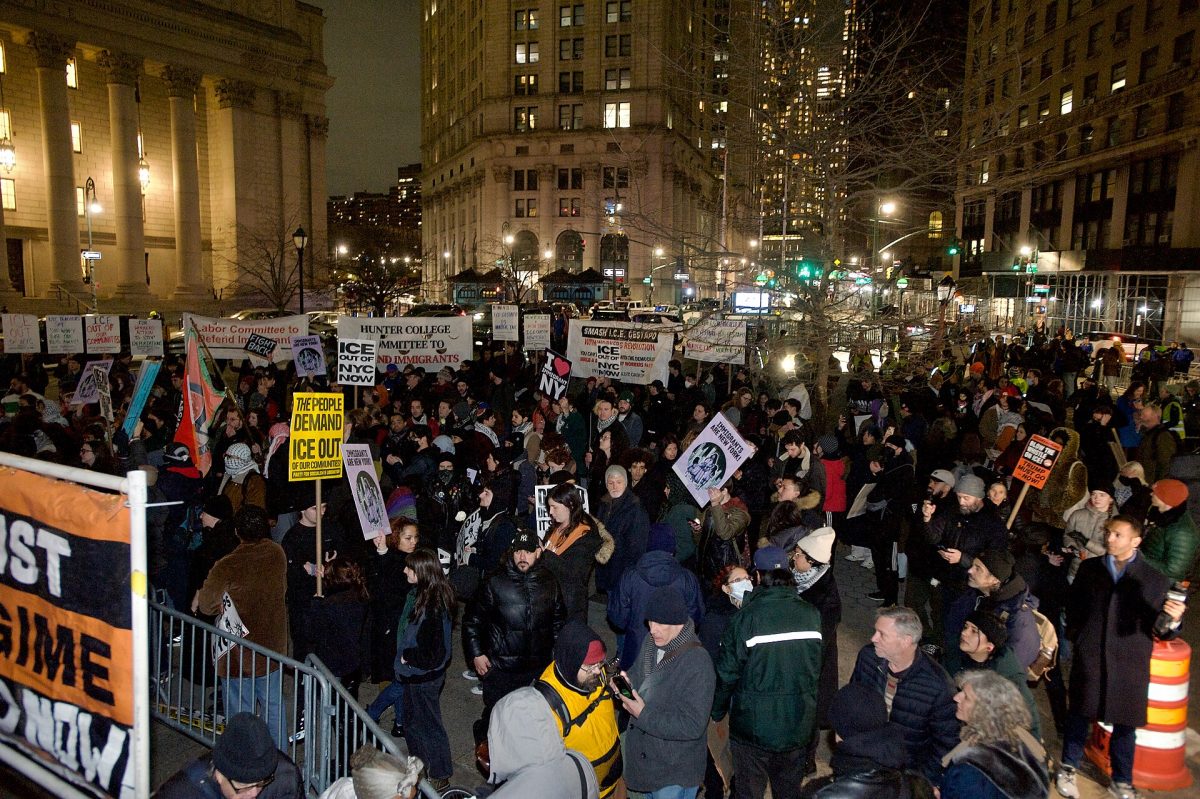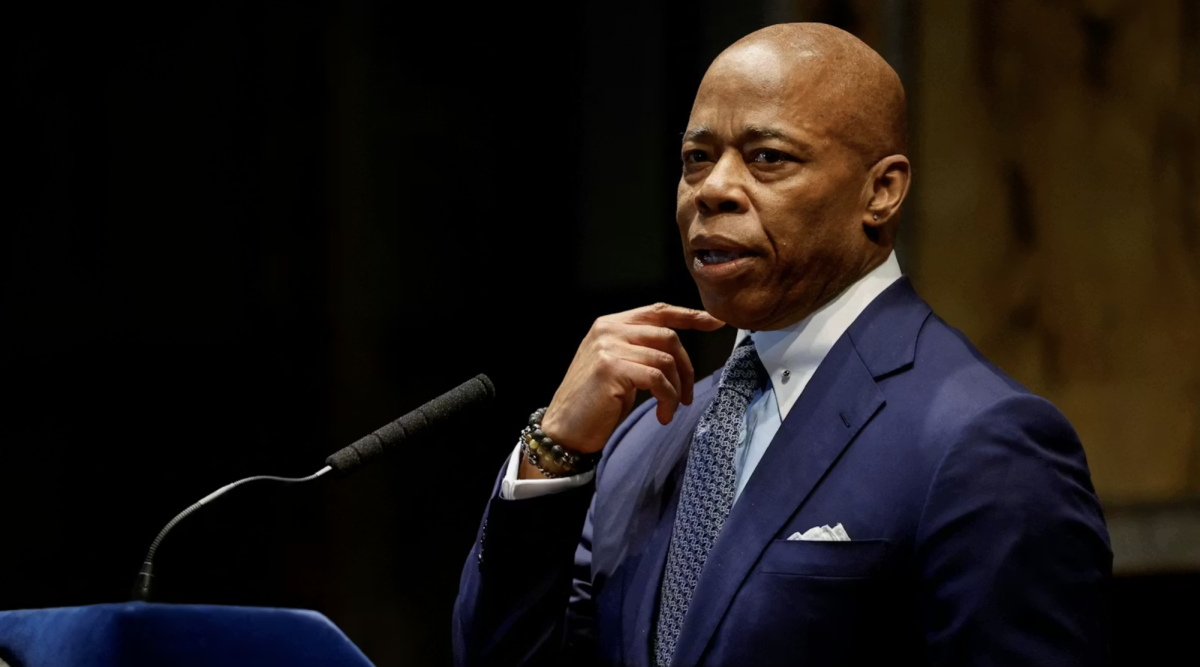A mass shooting in Lewiston, Maine killed 18 people and injured 13 more on Oct. 25. Following the dreadful event, it is as evident as ever that there needs to be stricter laws surrounding gun control in the United States.
The gunman opened fire in a bowling alley and later a bar, resulting in the deadliest mass shooting of 2023. The shooter, 40-year-old Army reservist Robert Card, died of a self-inflicted wound shortly after carrying out the shooting, according to AP News. His body was found days later.
Although Card was suffering from mental health issues that authorities were aware of, there was nothing to legally prevent him from purchasing weapons just days before the incident.
There is a dire need for stronger national regulations surrounding gun sales and distribution. Laws are essential as they can serve as preventative measures for disasters such as this.
The Wall Street Journal reported that Card had previously issued threats against his unit, causing his commanders to direct him to obtain a psychiatric evaluation, after which it was recommended that Card enter inpatient care for two weeks.
Later, around September, Card had threatened to “shoot up the drill center” where his company was based, targeting the commanders who had ordered him to the hospital. After the threat, the base issued a wellness check on Card, who refused to answer the door or phone calls.
Card continued to become irritable and paranoid, hearing voices and believing that people were conspiring against him. The sudden behavior change, combined with the fact that Card possessed 10-15 firearms, prompted Card’s family to notify the sheriff’s department.
The authorities had the necessary information to flag Card as an individual not sound enough to own guns. Authorities should have taken the family’s concerns seriously.
The local police could’ve invoked Maine’s “yellow flag law,” but according to reports, they didn’t do so because they were assured that Card’s brother was restricting Card’s access to guns.
A “yellow flag law” is a form of gun control that allows anyone to report a suspect who owns a gun and might pose a danger to others. The police may take that person reported into protective custody and order a mental health evaluation from a medical expert. If deemed necessary they are allowed to obtain a court order to temporarily confiscate the weapons in that person’s possession.
Law enforcement needs to employ these laws habitually as these preventative measures are necessary. When they see early signs in an individual that indicate dangerous behavior, they need to take action immediately.
As another community recovers from a tragedy that should’ve never occurred, the importance of gun control policies is weighing on the population.
According to the Pew Research Center, 61% of American adults say it is too easy to obtain a gun legally and 58% favor stricter gun laws.
Despite the public’s support for gun control, too many states have weak systems that fail to properly police guns. For example, Maine ranks 25th in the nation for its gun law strength — it lacks key laws around gun control. The state doesn’t have a required minimum age to purchase, doesn’t prohibit assault weapons and allows concealed carry without a permit.
To put things into perspective, New York has the second strongest gun laws in the country. Unlike Maine, NY prohibits assault weapons, bans ownership for people with any minor misdemeanor conviction and has a minimum age mandate.
Moreover, worldwide, the gun death rate in the U.S. is much higher as compared to other developed nations. According to a study of 195 countries, the U.S. gun death rate was 10.6 per 100,000 people, ranking 20th worldwide.
Firearms are currently the leading cause of death for children and teens in the U.S. and up to 69% of parents of K-12 students are worried about their children when sending them to school.
Gun violence in the U.S. has been on a steady rise. As of Nov. 5, there have been a staggering 593 mass shootings.
Despite claims that gun ownership is a constitutionally protected right and that it allows people to defend themselves, there is no strong enough reason to justify more mass shootings than days in a year.








